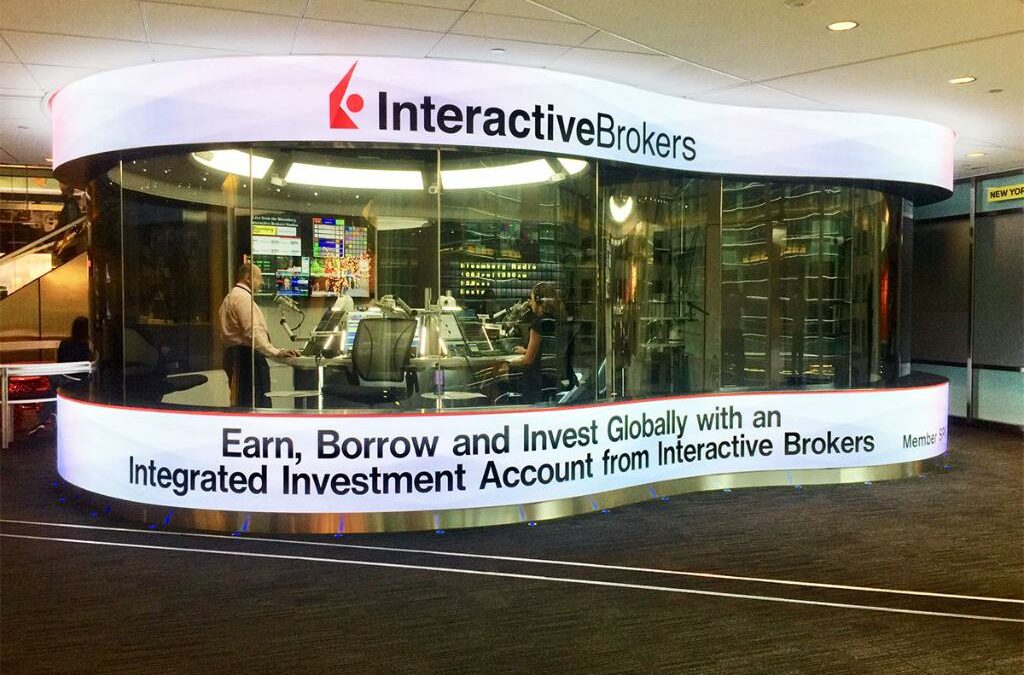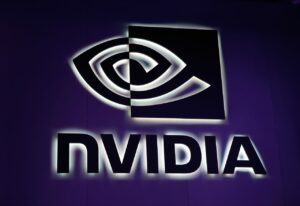Electronic trading major Interactive Brokers LLC has agreed to pay a fine of $475,000 as a part of a settlement with Nasdaq.
This matter arose from an investigation initiated by Nasdaq Enforcement based on referrals received by Nasdaq MarketWatch.
As a result of its investigation, Nasdaq Enforcement determined that between January 1, 2020 and June 2, 2021 (the “Relevant Period”), the firm incorrectly processed five corporate actions due to a combination of system and supervisory deficiencies, in violation of Nasdaq Rule General 9, Sections 20(a) and 1(a).
In addition, in certain scenarios, Interactive Brokers’ risk management controls and supervisory procedures were not reasonably designed to prevent the entry of erroneous orders, in violation of Section 15(c)(3) of the Securities Exchange Act of 1934 (“Section 15(c)(3)”); Rules 15c3-5(b) and 15c3-5(c)(1)(ii); and Nasdaq Rule General 9, Sections 20(a) and 1(a).
During the Review Period, Interactive Brokers used three independent data vendors to source information on corporate actions. The firm’s written supervisory procedures (“WSPs”) required confirmation of a corporate action by at least two of three data sources used by the firm. The firm used an automated system to verify and process corporate actions for securities in customers’ accounts based on those data sources.
If two data sources matched, the system automatically processed the corporate action and updated customers’ accounts accordingly. If the data sources provided conflicting information or only one data source confirmed the corporate action, then the matter would be escalated for manual review by the firm’s corporate action team.
Two deficiencies delayed or prevented the Firm from correctly processing five corporate actions during the Relevant Period. As a result, the Firm sent orders to the market at erroneous prices based on pre-reverse split information in certain instances and, in two instances, customers were able to sell shares that they did not own.
First, the firm’s WSPs and supervisory systems were not reasonably designed. Specifically, the WSPs did not contain information about what the manual review should entail when an issue was escalated or what actions should be taken to verify a corporate action coming from only one data vendor or if information from multiple vendors conflicted.
In addition, the firm did not adequately monitor trading in the pre-market following a corporate action to verify that it processed the corporate action correctly. Moreover, the firm did not have reasonably designed procedures in place to prevent customers from trading based on inaccurate account information if the firm did not timely process a corporate action.
The firm failed to address these gaps in its supervisory procedures, despite having experienced instances where corporate actions could not be confirmed automatically. These failures resulted in the untimely processing of the following three reverse stock splits.
Second, Interactive Brokers did not promptly address a known system issue that rejected pre- approved reverse stock splits from taking effect (the “Rejection Issue”). The firm’s corporate action systems would revoke approval of corporate actions that had been confirmed by matching data vendor sources if one of those data vendors sent a subsequent update regarding the corporate action.
The firm became aware of this issue in or around July 2020, and fully remediated the issue in June 2021. However, the firm did not implement reasonable protocols in the interim to prevent the Rejection Issue from revoking pre-approved corporate actions, resulting in a delay in the firm’s processing of two reverse stock splits.
During the Relevant Period, the firm employed certain erroneous order controls to warrants, including a reference price filter. The firm’s reference price filter calculates the maximum price deviation from the reference price at which the firm will allow a client order to be routed for potential execution (the “Allowed Move”) for warrant orders.
The Allowed Move for warrants is calculated by taking the reference price and adding a certain allowed percentage change in the warrant premium and a certain allowed percentage change in the price of the underlying.
The reference price Interactive Brokers used for warrants was the midpoint of the national best bid/offer (“NBBO”). If the midpoint of the NBBO was not available, the reference price was calculated based on, among other inputs, certain warrant Greek values and the current and prior closing price of the underlying stock (collectively, the “Back-Up Inputs”).
During the Relevant Period, if any of the Back-Up Inputs were missing, no reference price was calculated and the order was not price capped.
The firm has subsequently enhanced its reference price calculations so that the firm’s price filters calculate and use a theoretical fair value to calculate price caps for warrants in the absence of recent trade data.
On October 1, 2020, Interactive Brokers routed one limit order to Nasdaq that resulted in a buy execution of 200 shares in the warrants for a publicly-traded company. These shares executed at $3.25, which was 124% away from the prior day’s close. Interactive Brokers’ system could not calculate a reference price because there was no available sell-side liquidity at the time the order was routed and the additional inputs necessary to calculate a back-up reference price were missing. The firm therefore did not price cap the order and routed it at the limit price specified by its customer. In response to the firm’s CE filing, Nasdaq determined to bust the trade.
On top the fine, Interactive Brokers has agreed to a censure.









